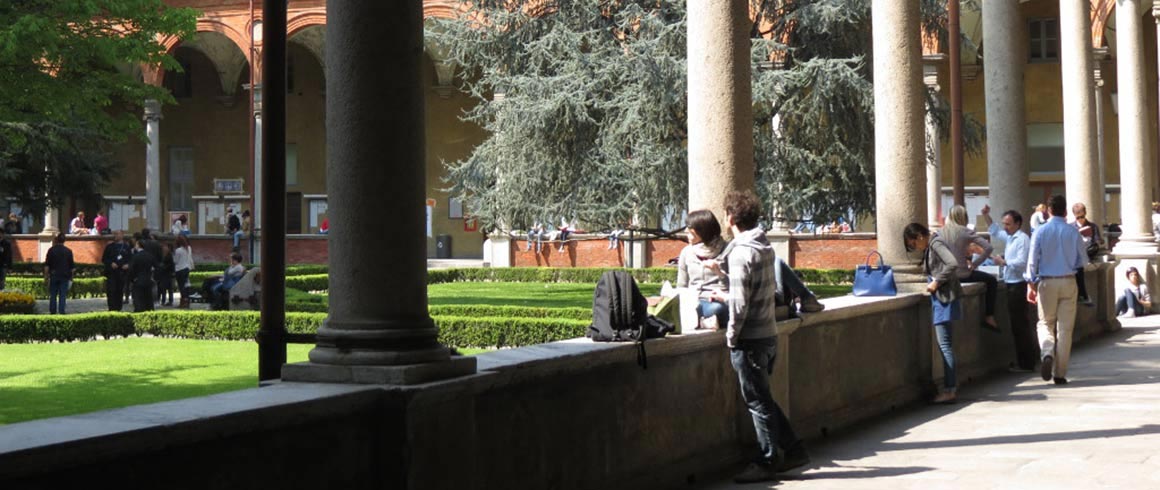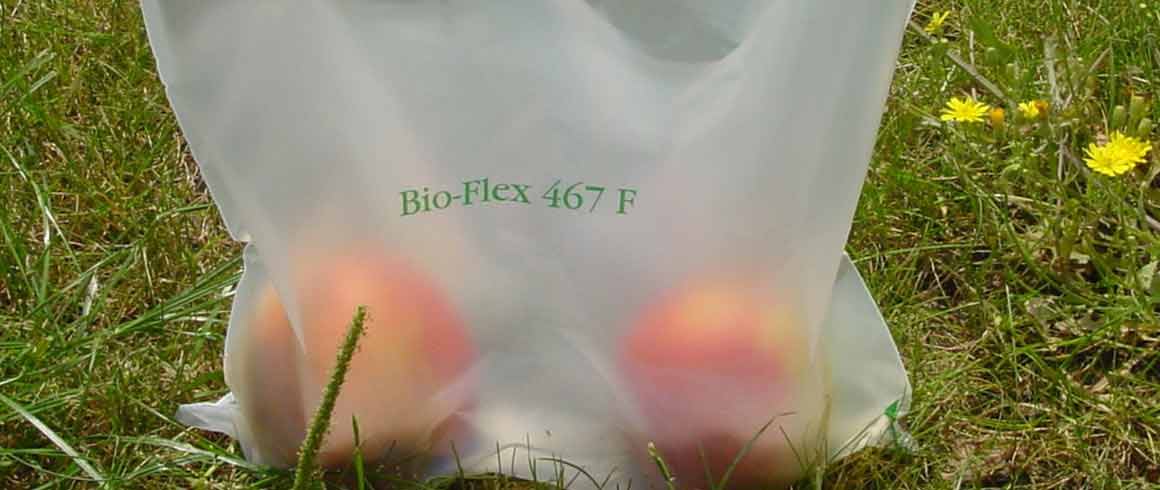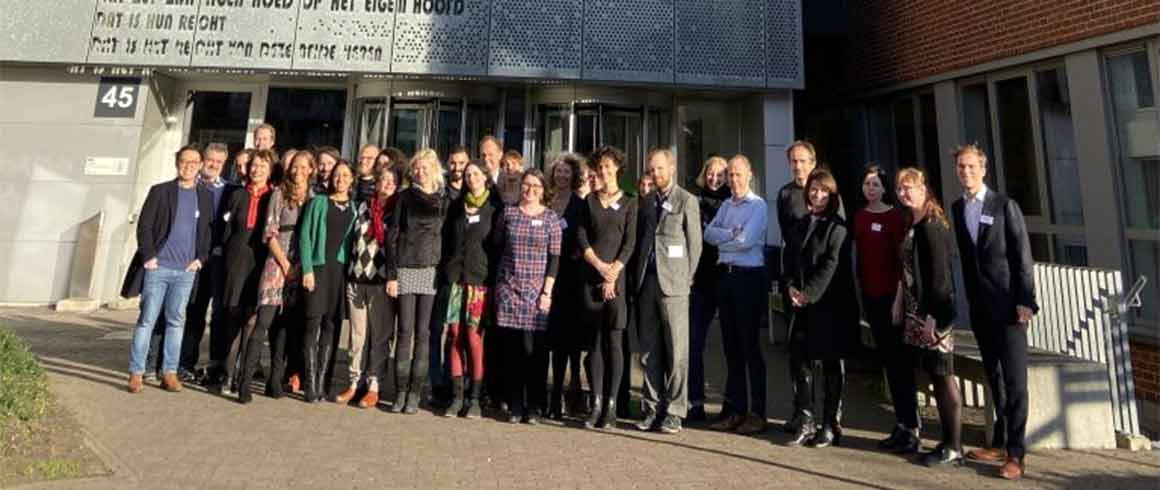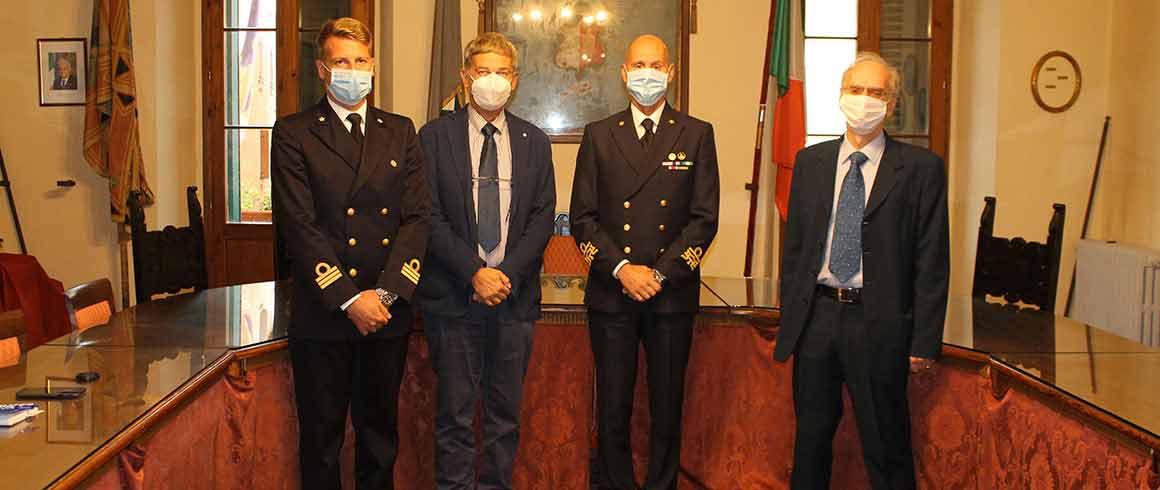Life of University Students at the Time of COVID-19: this is the title of the nationwide study carried out by researchers from various Italian universities, including Sara Nanetti and Matteo Moscatelli of Università Cattolica. More than 14 thousand students participated in the research, which shows that young university students, while having appreciated the delivery of teachings remotely during the lockdown, prefer to return to the classroom and live lessons. Furthermore, many are in favor of a mixed teaching model, that is, capable of integrating online and face-to-face moments. Moreover, they confirm the importance given to the real experience of living in university classrooms, meeting colleagues, exchanging opinions and discussing personally with teachers. The main results of the survey appeared on the daily newspaper Il Foglio.
________________________________________
Students at Università Cattolica prefer to return to face-to-face classes even though they appreciated the lessons delivered remotely during lockdown. Not only is this data an empirical evidence shown by the research Life of University Students at the Time of COVID-19, promoted by some researchers from several Italian universities, but it also indicates the students’ hope to be able to return to experience live their studies and relationships. Sara Nanetti and Matteo Moscatelli, researchers from the Department of Sociology of Università Cattolica, also participated in the study, which has given a complex picture of the situation of those young people who daily lead a university life and suddenly had to change their study modes during the health emergency. On a national scale, 14,888 students have given valid answers, testifying to their desire to share that change and to leave a trace of their experience.
Among these, 340 are enrolled at Università Cattolica and 53.4% of them are enrolled in a three-year degree. 40.1% of respondents are first-year students, so the data are particularly useful to deepen the orientation of students who will continue their studies in the coming years: 91.5%, in fact, think that they will continue their studies at UniCatt.
The wide participation in distance learning confirms the continuity of the teaching offer and the students' participation in the University's lessons. 95.9% of the students had attended face-to-face lessons during the first semester before the lockdown, likewise a similar number continued their study commitments in remote mode (95%).
Despite a clear preference for face-to-face teaching, UniCatt students who participated in the research appreciated the courses and teachings offered in remote mode. This figure is confirmed by the preferences expressed about the future: 4 students out of 10 want a mixed educational offer, consisting of an integration between face-to-face and distance learning. The predilection for physically attending lessons and exams remains unchanged: 52.1% of students, in fact, would like to exclusively return to face-to-face teaching in the future.
This data shows a particularly relevant trend of the students enrolled at Università Cattolica who, in terms of social life participation both through attending university spaces with other students and through associative commitment, already qualify in 38.2% of cases as very active, a higher percentage compared to the overall sample (where those who are socially very active are only 22%).
Non-resident and working students confirm the importance given to the real experience of living in university classrooms, meeting course colleagues, exchanging opinions and personally discussing with teachers. Although a distance learning service could provide some simplification to both student categories, their preference for a face-to-face teaching mode, even for the near future, remains particularly significant.
The image of the University emerging from the words used by the students to answer the open question (What did you miss most about university during the period of the emergency?), exceeds the provision of teaching services and assessment, but is the cornerstone for a space of personal growth.
University life therefore appears to go beyond a neutral connotation of space; it rather becomes a dwelling place, in which the social life of students daily comes to existence, and at the same time a place that connects stories, relationships and experiences that are decisive for life.





